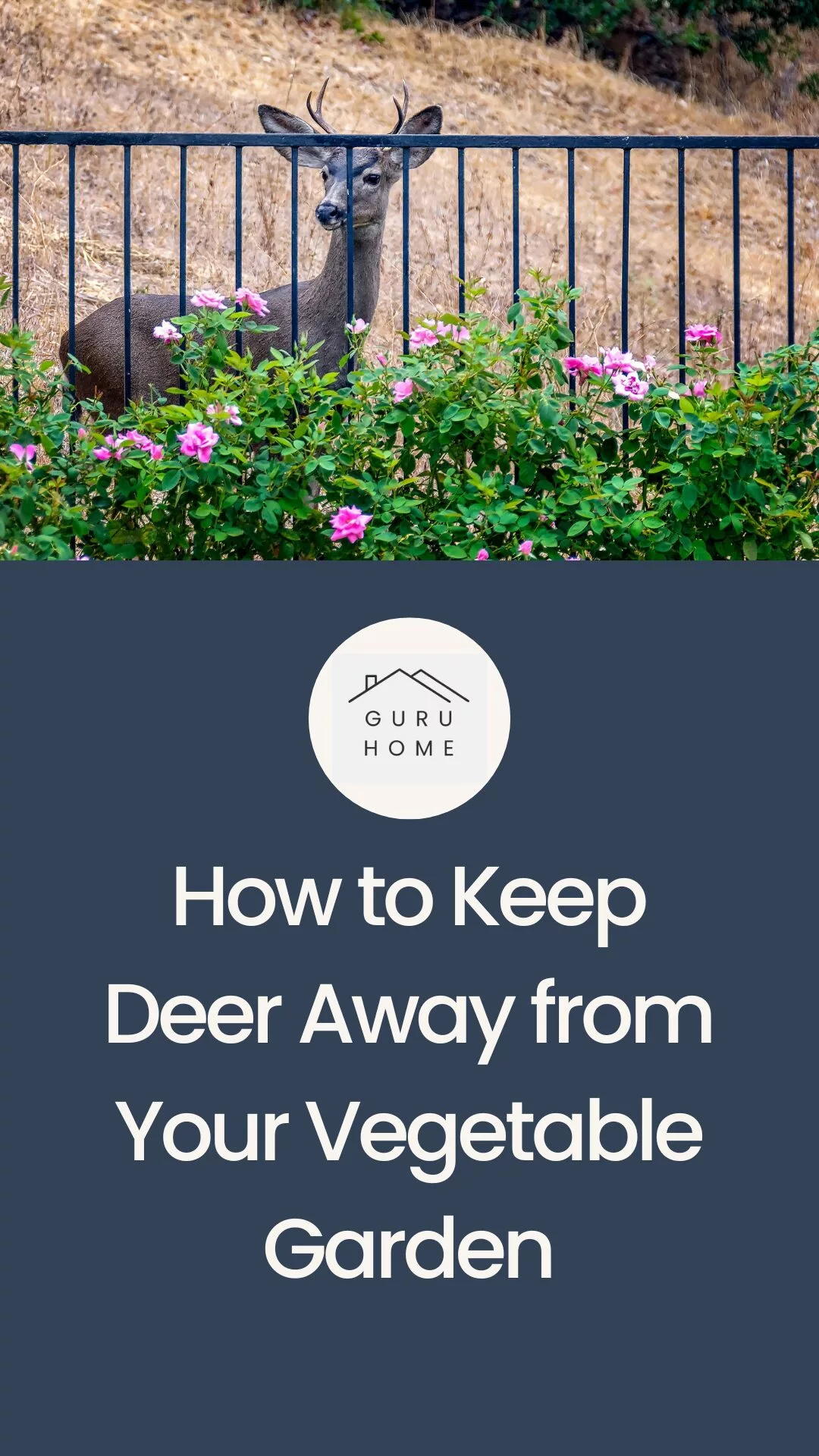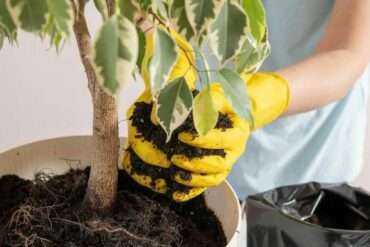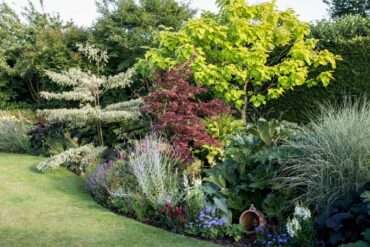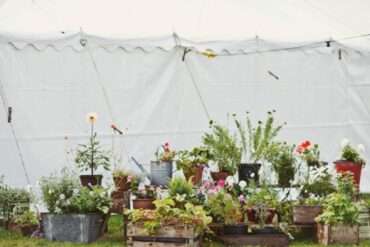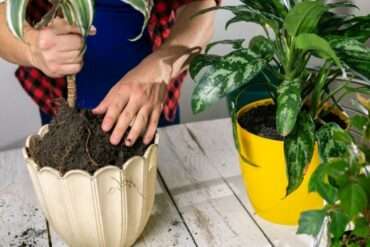Table of Contents
The last thing you want is for deer to use your well-tended vegetable garden as their own salad bar after you’ve spent hours planting and maintaining it! In a couple of hours, these elegant animals have the capacity to destroy your garden. Fortunately, you can protect your crop by following a few easy measures and selecting plants that are resistant to deer. Let’s investigate how!
What Vegetables Will Deer Not Eat?
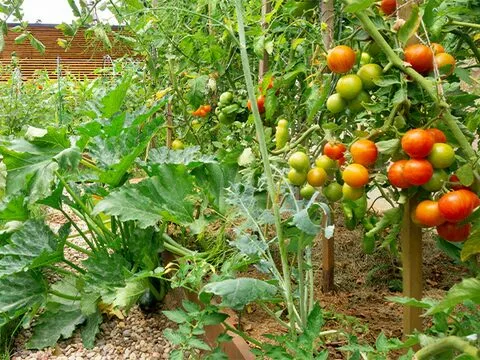
It is well known that deer are finicky about the fragile leaves and shoots they eat. Though no plant is impenetrable to deer, there are certain veggies that they tend to steer clear of. Selecting veggies that deer don’t usually like will help lower the likelihood of their grazing on your plants.
Here are some instances of veggies that deer typically avoid:
- Garlic: Deer don’t enjoy the flavour or overpowering aroma of garlic. Garlic is also a great companion plant that helps shield other vegetables.
- Onions: Deer find onions repulsive, much like garlic does due to their strong scent.
- Leeks: A different allium family member, deer seldom touch leeks.
- Squash and zucchini: Vegetables with rough or prickly leaves tend to be avoided by deer. Squash and zucchini plants have an unappealing feel.
- Tomatoes: Although the fruit may entice deer, the pungent leaves typically repel them.
- Herbs: Deer generally don’t enjoy the scents of several herbs, such as lavender, thyme, sage, and rosemary.
Deer damage can be minimised by including them in your garden, but keep in mind that hungry deer will occasionally eat almost anything. Using additional deterrents could still be beneficial for a comprehensive defence.
8 Tips to Keep Deer Away from the Garden
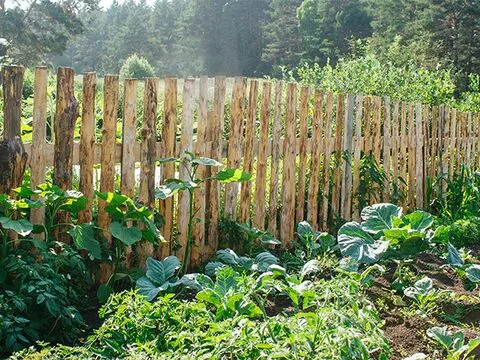
1: Install Fencing
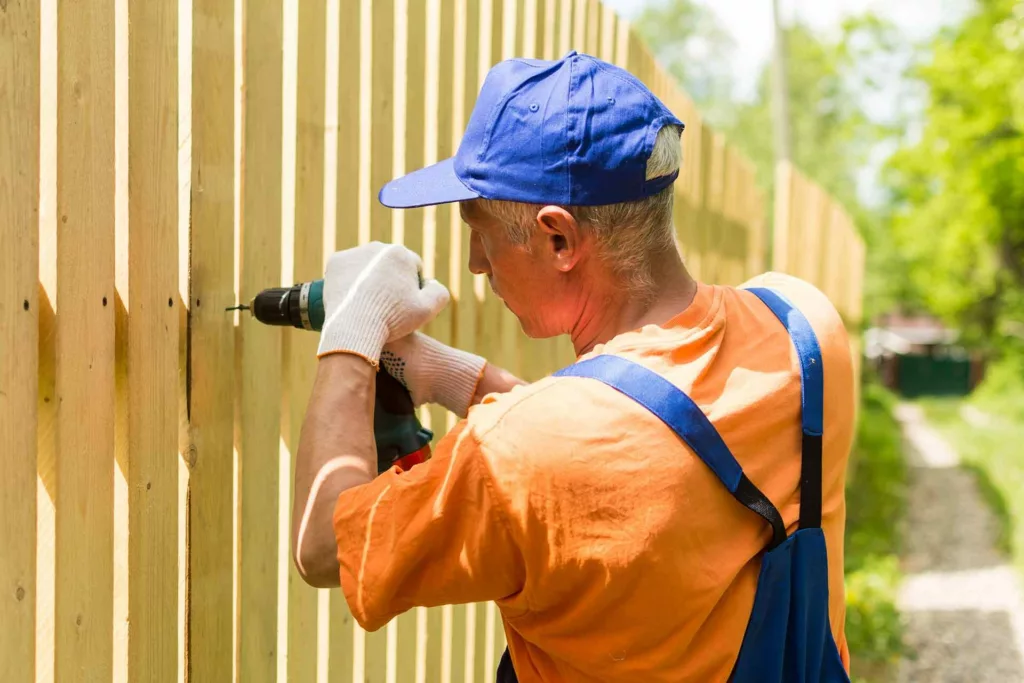
Building a physical barrier is one of the most effective strategies to keep deer out of the area. Deer can jump pretty high, so an 8-foot fence will be plenty to keep them out. Consider slanting the fence outward or building double-layered fencing with a space between the layers if you don’t want a fence that height. Deer are reluctant to leap into confined areas. In addition to keeping your view of the garden unhindered, wire or mesh fencing will look more natural than a fence made of solid wood.
2: Use Natural Repellents
Many gardeners use natural repellents and swear by them to keep deer away. Incorporate a few of these ideas into your garden.
- Produce Your Own Spray: You can use this simple DIY spray to repel deer from visiting your plants. When it rains, remember to reapply. Try a solution of water, eggs, and garlic; the deer won’t like the smell, but your plants won’t be harmed.
- Soap Bars: You can deter deer from accessing your garden by hanging soap bars with strong scents, such as Irish Spring, around its border. They’re put off by the smell!
- Hair Clippings: Because deer mistakenly link the aroma of human or pet hair with predators, scattering it around your yard may help deter them.
3: Plant a Barrier or Deer-Repelling Plants
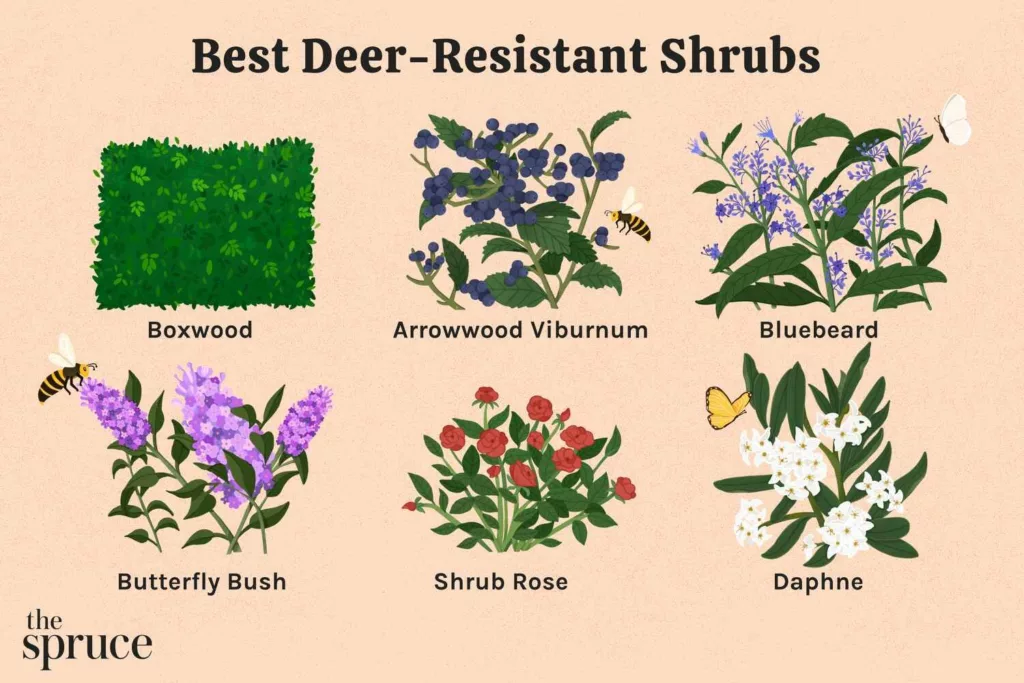
You can surround your garden with plants that deer dislike, such as those with strong scents, thorny textures, or fuzzy leaves, in addition to planting foods that are resistant to deer. For instance, you can naturally build a barrier of protection by growing marigolds, lavender, mint, and sage around your vegetable beds.
4: Install Motion-Activated Devices

Since deer are wary creatures, they may flee in response to abrupt movements or sounds. Think about surrounding your garden with motion-activated lights, noisemakers, sprinklers, and animal repellents. A startling blast of light or shower of water might startle a deer as it approaches.
5: Try Companion Planting
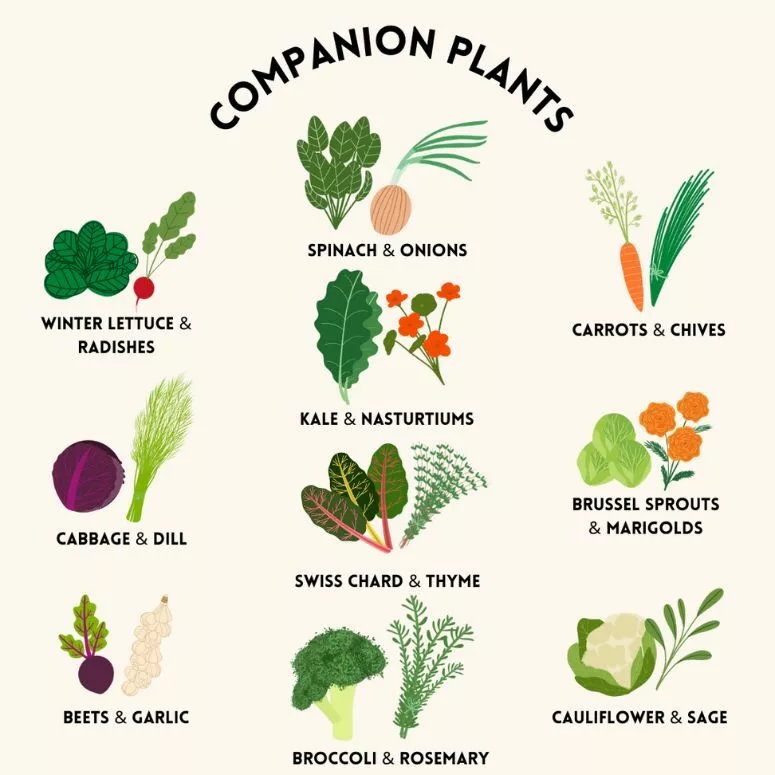
Planting companion plants is an additional successful tactic. This implies that you produce veggies beside plants that discourage deer. For example, you can keep garlic and onions from being consumed by planting them close to more appetizing crops like lettuce or beans.
6: Create Raised Beds or Use Containers
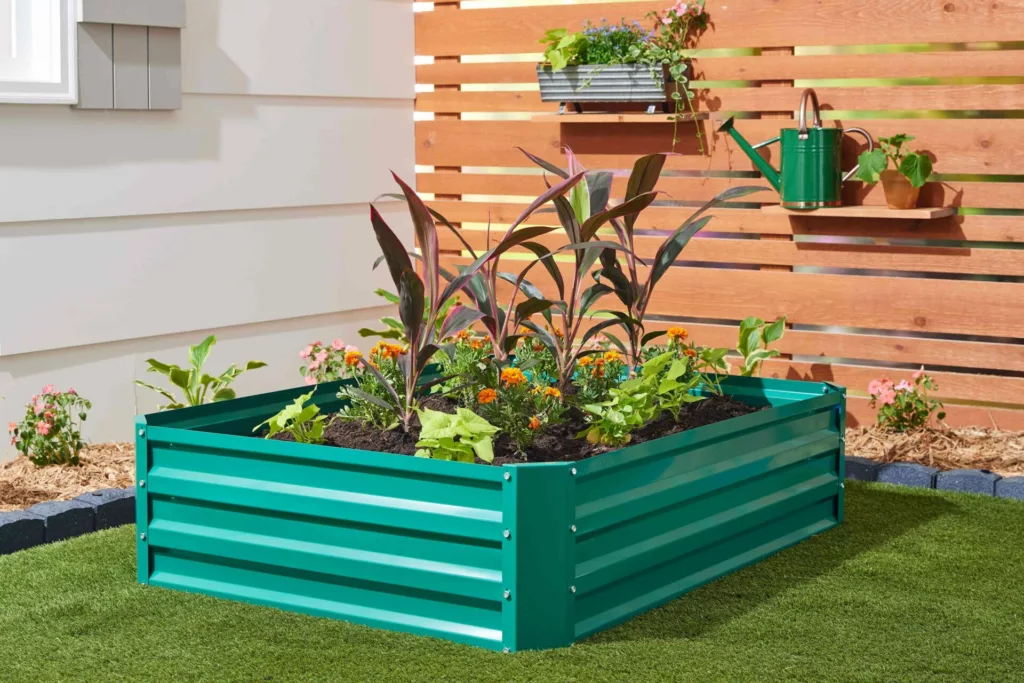
Consider growing your veggies in raised beds or containers if fence isn’t an option. Plants that are higher up or more difficult for deer to reach are less likely to be nibbled on by them. An additional benefit of growing plants in an enclosed greenhouse is that the cover keeps your veggies out of sight!
7: Keep the Area Around Your Garden Clean
Because deer like to graze in places where they feel safe, keep the area surrounding your garden tidy and devoid of potential hiding places. Before deer enter your garden, remove any tall grass and dense foliage that they might use as a hiding place.
8: Alternate Deterrents
A varying strategy of deterrents can be required for deer that are stubborn and don’t seem to be fazed by movement or scent. As deer can become accustomed to a certain strategy, try introducing new elements every two weeks. To keep them guessing, reposition your sprinklers or move your soap bars around.
Although it may seem difficult, you may safeguard your labours by using a combination of deer-resistant plants and preventive measures to keep deer out of your vegetable garden. Your garden may flourish without unwelcome guests if you erect a fence, use natural repellents, or just choose veggies that deer are less inclined to consume.

